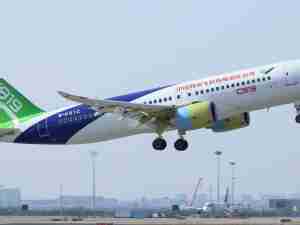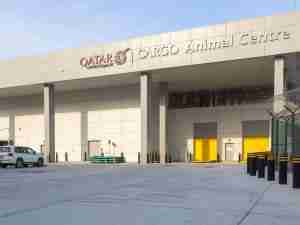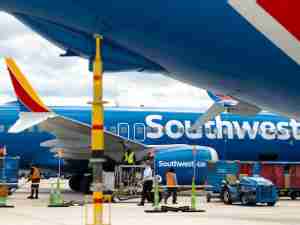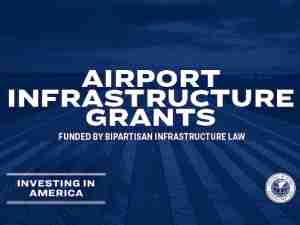Federal Government Should Auction U.S. Air Routes: Peter Orszag
By: | Apr 12 2016 at 08:00 AM | Air Cargo
The Department of Transportation is in the process of deciding which U.S. airline should be awarded new nonstop routes between Los Angeles and Beijing. When you think about it, that’s a bit bizarre: Why decide the question administratively, when the agency could simply auction off the slots?
Airline routes are significant assets. Indeed, airlines often use their takeoff and landing slots as collateral for airline bonds, a practice that has spread from the U.S. to Europe. The LA-Beijing route is especially valuable, with airline traffic between the U.S. and China growing by double digits annually over the past three years. And that’s why this example is compelling.
As a matter of principle, the government should not be in the business of giving away assets, whether they are pollution permits, excess government property or broadcasting spectrums. To be sure, auctions need to be appropriately designed (in particular, an auction for the LA-Beijing route would need to comply with the constitutional prohibition against export taxes), but only when they’re likely to be severely flawed should agencies step in to name the lucky winner.
In the case of the LA-Beijing air routes, an auction seems most likely to reveal which airline could put them to best use, since the size of the bids would reflect how beneficial the airlines figure the additional slots would be. Undoubtedly, airlines make mistakes and could either under- or overestimate this value, but do we really think a Transportation Department official could do better? An administrative process all but invites intensive lobbying; an auction would avoid all that.
An auction would immediately put a price on this component of public infrastructure. As a report by the Congressional Budget Office (issued when I was the director) emphasized, more extensive use of prices would help alleviate the federal government’s overall infrastructure deficit. Giving away the air routes is inconsistent with the effort to better allocate infrastructure by moving toward user fees. Auctioning off landing and takeoff slots and using other market-based fees would help to relieve congestion at airports.
Finally, the revenue raised by auctioning off the LA-Beijing slots could be used either to reduce the budget deficit – or, preferably, to invest in rebuilding America’s deteriorating airports.
These arguments could be applied more broadly to all airline routes. And indeed, in 2011, the Transportation Department did use auctions to award some landing slots at LaGuardia and Reagan National airports—and raised $90 million in the process.
Nevertheless, such auctions remain rare. In 2008, the George W. Bush administration proposed auctioning landing and takeoff rights at all New York airports, but in the midst of the recession, the Obama administration unfortunately canceled the plan.
The LA-Beijing route selection could put the process on a better path, toward making auctions the norm, not the exception.
This column does not necessarily reflect the opinion of the editorial board or Bloomberg LP and its owners.
©2016 Bloomberg L.P.











